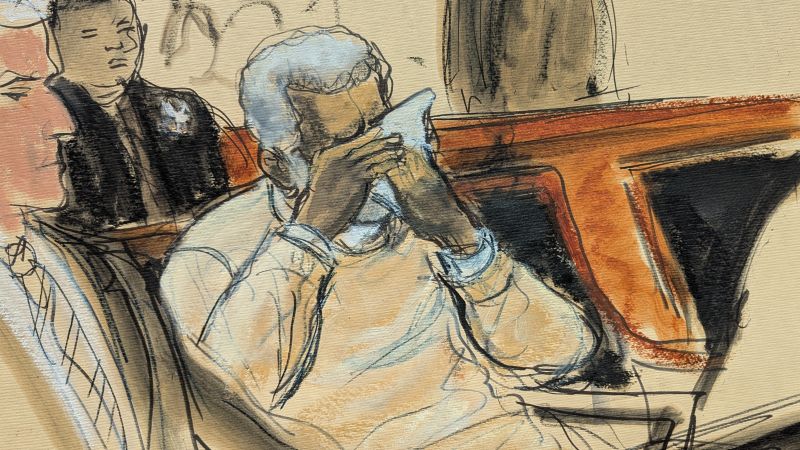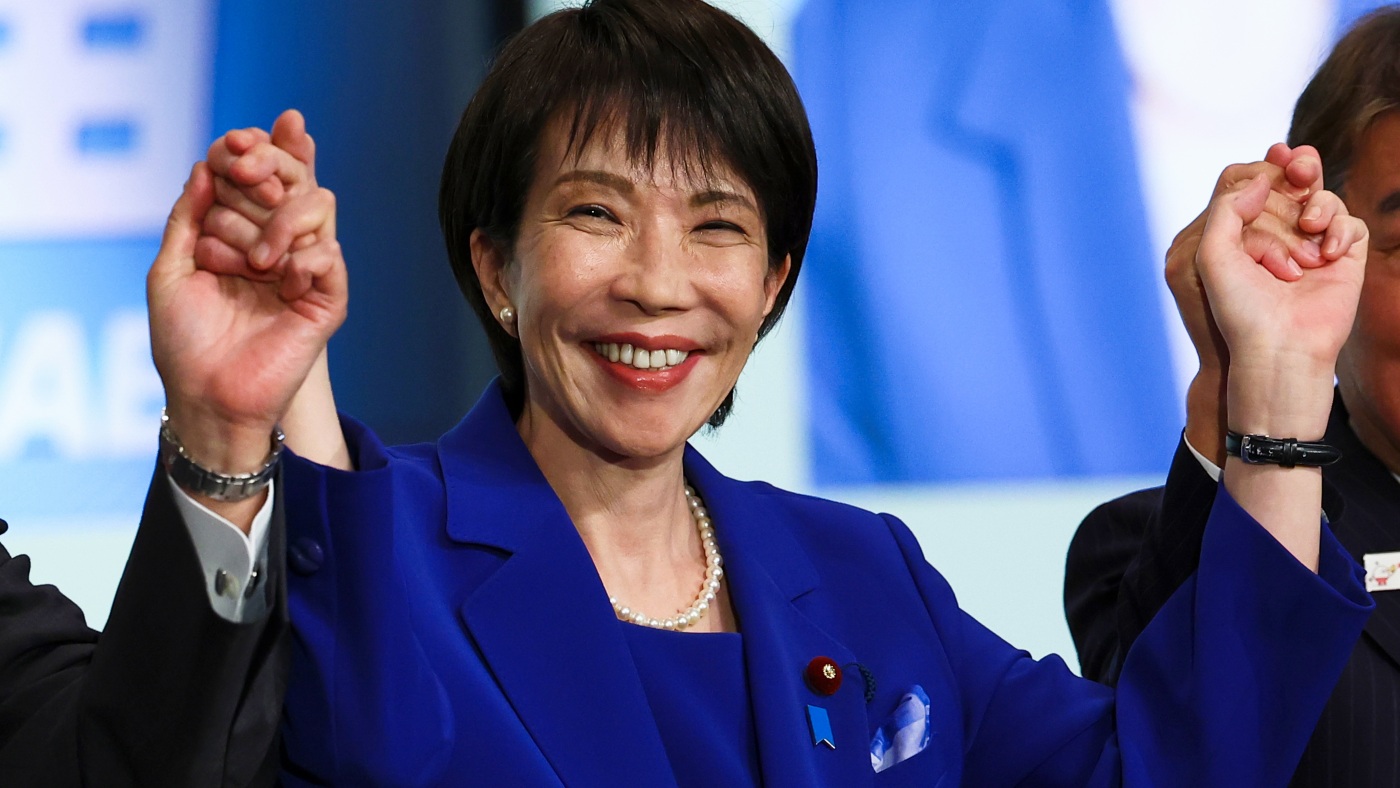HARRISBURG, Pa. (AP) — A federal judge has concluded that the Department of Justice's prosecution of Kilmar Abrego Garcia on human smuggling charges may be an illegal retaliation after he successfully sued the government over his deportation.
U.S. District Court Judge Waverly Crenshaw late Friday granted a request by lawyers for Abrego Garcia to hold a hearing on whether the prosecution amounts to vindictive prosecution, a legal doctrine that prohibits prosecutors from bringing charges in retaliation for a defendant's exercise of constitutional rights.
Background of the Case
Abrego Garcia, a Salvadoran national, was initially deported in 2019 after being convicted of illegal reentry. However, he successfully challenged his deportation in federal court, arguing that he had been denied due process and that his removal violated his constitutional rights.
Following his successful legal challenge, Abrego Garcia was arrested again in 2023 and charged with human smuggling. His lawyers argue that the timing of these charges—coming immediately after his successful lawsuit—suggests retaliation by federal prosecutors.
"The government's pattern of conduct here raises serious questions about whether this prosecution is motivated by vindictiveness rather than legitimate law enforcement concerns," said Abrego Garcia's attorney, Maria Rodriguez.
Legal Precedent
Vindictive prosecution claims are rarely successful, as courts generally presume that prosecutors act in good faith. However, Judge Crenshaw found that Abrego Garcia's lawyers had presented sufficient evidence to warrant a hearing on the matter.
The judge noted that the prosecution came "in close temporal proximity" to Abrego Garcia's successful legal challenge and that the government had not provided a clear explanation for why it chose to pursue these particular charges at this time.
"When a defendant exercises his constitutional rights and is then immediately faced with additional criminal charges, courts must carefully examine whether those charges are motivated by retaliation," Judge Crenshaw wrote in his order.
Government Response
Federal prosecutors have denied any retaliatory motive, arguing that the human smuggling charges are based on legitimate evidence and that the timing is coincidental. They maintain that Abrego Garcia's activities posed a genuine threat to public safety.
"This prosecution is based on substantial evidence of criminal conduct, not on any desire to retaliate against the defendant for exercising his legal rights," said U.S. Attorney's Office spokesperson Jennifer Williams.
The hearing on the vindictive prosecution claim is scheduled for next month, where both sides will present evidence about the government's motives in bringing the charges.
Broader Implications
Immigration advocates say this case highlights a broader pattern of retaliation against immigrants who successfully challenge their deportation orders. "This is exactly the kind of chilling effect that prevents people from exercising their legal rights," said Sarah Johnson of the Immigrant Rights Coalition.
If Judge Crenshaw ultimately finds that the prosecution was vindictive, the charges against Abrego Garcia would be dismissed, and he could potentially seek damages for the violation of his constitutional rights.
The case has drawn attention from civil rights organizations, who see it as a test of whether the federal government can be held accountable for retaliatory prosecutions in immigration-related cases.








